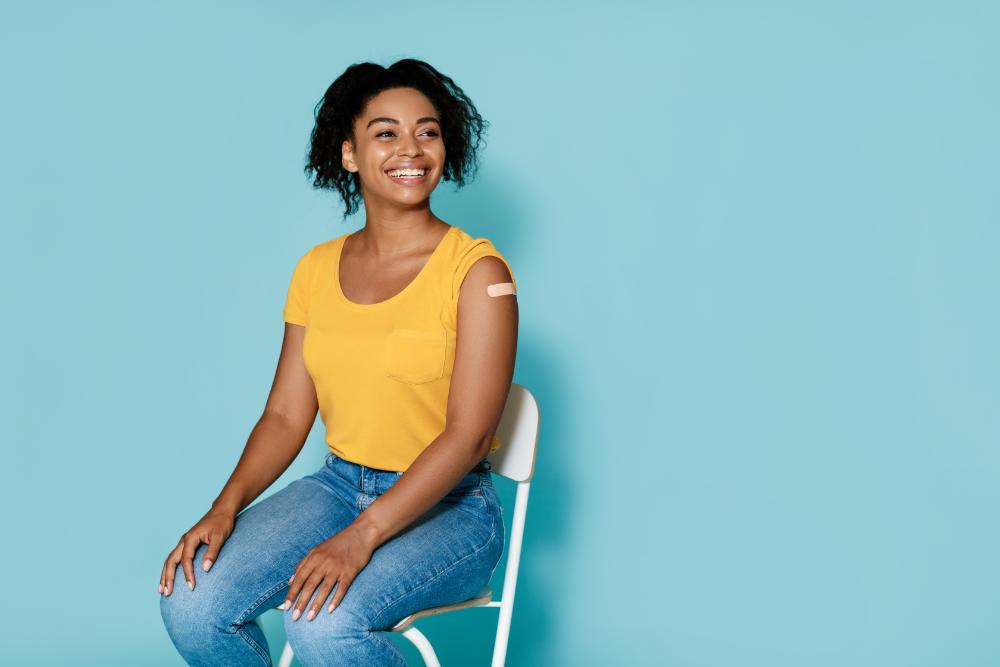Human papillomavirus (HPV) is a common sexually transmitted infection that affects both men and women. It is primarily transmitted through sexual contact and can lead to various health issues, including genital warts and certain types of cancers, such as cervical, anal and oropharyngeal cancer.
It is important to note that HPV vaccination does not replace the need for regular cervical cancer screening, as the vaccine does not protect against all HPV types that can cause cervical cancer. Therefore, it is still recommended for vaccinated individuals to undergo regular cervical screening as per the national guidelines.
The best way to protect yourself against HPV and reduce the risk of developing associated diseases, such as genital warts and certain types of cancers, is to get a HPV vaccination. Using condoms offers some level of protection but HPV can still be transmitted because condoms do not cover the whole genital area.

HPV vaccination is recommended for for specific groups including:
- younger people aged 9 to 25
- people with significant immunocompromising conditions
- men who have sex with men
HPV vaccine is free under the National Immunisation Program for young people aged approximately 12 to 13 and primarily provided through school immunisation programs.
Adolescents who missed the HPV vaccination at 12 to 13 years of age can catch up for free up to age 26.
HPV vaccines should not be given to:
- HPV vaccines are not recommended for pregnant women. Breastfeeding woman can receive HPV vaccines.people who have had anaphylaxis after a previous dose of any HPV vaccine or anaphylaxis after any component of an HPV vaccine
- people who have had anaphylaxis to yeast (for 9vHPV)
Pharmacists in NSW can administer the Human Papillomavirus (HPV) vaccine to people aged 9 – 25 years (the optimal age for HPV vaccination is 12–13 years) under the National Immunsation Program (NIP). For people aged 26 years and over, it is recommended they be referred to their doctor.
Reference: healthdirect.gov.au
